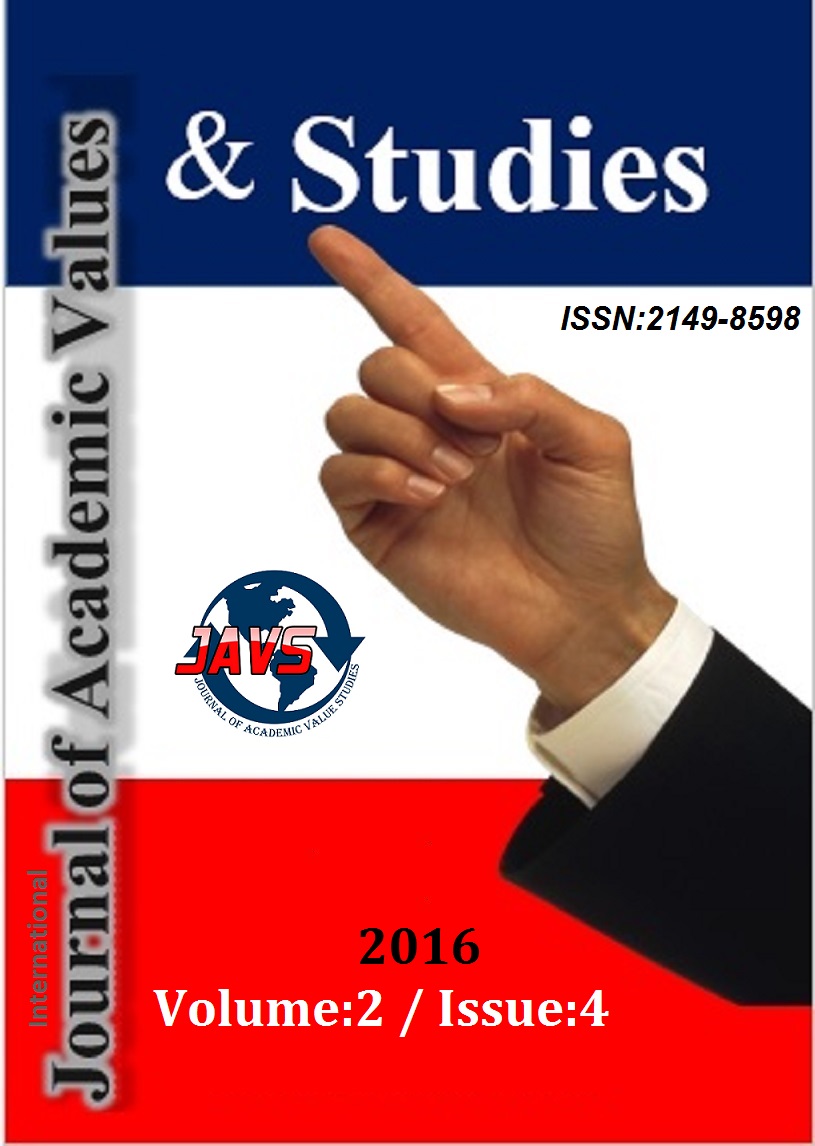Creating Employee Engagement Through Talent Management: 4 Links Between Talent Management And Employee Engagement
Author :
Abstract
Talent management is one of the main management tools for 21st century human assets management (Cappelli, 2008) because the crucial resource for firms competing in this century is no longer land, capital, and other tangible assets but the human capital necessary to adapt organizations to global competition and maximize the benefits related to the current technological boom. Talent management (TM) and Employee Engagement (EE) concepts have been extensively studied in management literature in the past ten years (Lewis & Heckman, 2006; Scullion, Collings & Caligiuri, 2010, Saks & Gruman, 2014). Both concepts have been an area of interest for both practitioners and academic researchers. Therefore, various studies have been examined separately for each concept aiming to investigate their impact on organizational performance and competitive advantages which have been the main theme in literature (Amit & Shoemaker 1993; Barney, 1991; Collings & Mellahi, 2009; Lepak & Snell 1999; Saks & Gruman, 2014). The present study explores the talent management and employee engagement by researching the relationship between the two concepts and investigating the impact of talent management practices on employee engagement. The reason for conducting this research is that most of the research in relation to this subject has studied the relationship between employee engagement and overall organizational performance.
Keywords
Abstract
Talent management is one of the main management tools for 21st century human assets management (Cappelli, 2008) because the crucial resource for firms competing in this century is no longer land, capital, and other tangible assets but the human capital necessary to adapt organizations to global competition and maximize the benefits related to the current technological boom. Talent management (TM) and Employee Engagement (EE) concepts have been extensively studied in management literature in the past ten years (Lewis & Heckman, 2006; Scullion, Collings & Caligiuri, 2010, Saks & Gruman, 2014). Both concepts have been an area of interest for both practitioners and academic researchers. Therefore, various studies have been examined separately for each concept aiming to investigate their impact on organizational performance and competitive advantages which have been the main theme in literature (Amit & Shoemaker 1993; Barney, 1991; Collings & Mellahi, 2009; Lepak & Snell 1999; Saks & Gruman, 2014). The present study explores the talent management and employee engagement by researching the relationship between the two concepts and investigating the impact of talent management practices on employee engagement. The reason for conducting this research is that most of the research in relation to this subject has studied the relationship between employee engagement and overall organizational performance.





